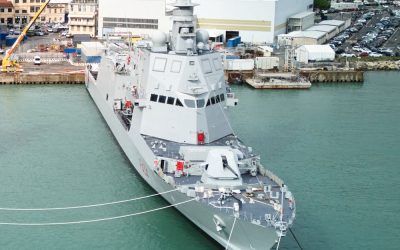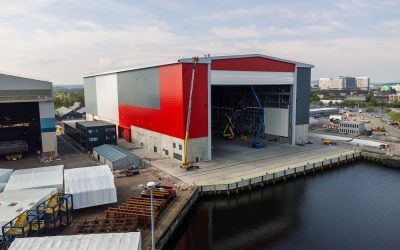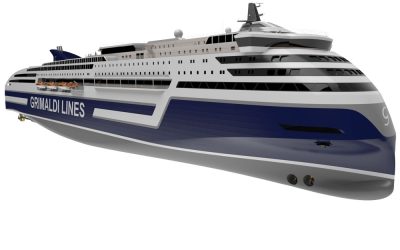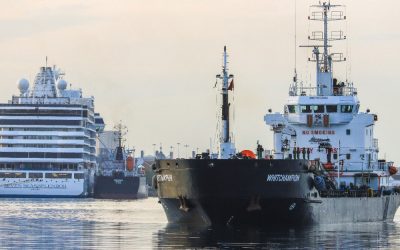Since the implementation of the Poseidon Principles – the agreement between the finance sector and maritime industry to integrate IMO’s climate goals into ship financing decision-making – in 2019, there has been increased scrutiny of shipbuilding’s green credentials. But how does that translate into the shipbuilding contract?
The Naval Architect asked Kenneth W. Fisher, whose Contract Management courses have been hosted by The Royal Institution of Naval Architects for many years and whose expertise has long been held in high regard by the industry. Mr Fisher points firstly that, as many readers will be aware, applicable regulatory compliance is primarily accomplished during the formation of the Contract Technical Specifications and the Contract Drawings.
“Those documents – key parts of the Shipbuilding Contract – are typically prepared by the naval architects and marine engineers working for the shipowner,” explains Fisher. He adds that in certain circumstances a shipyard’s technical team may assume this responsibility when a standard or semi-standard ship design is being marketed by the shipyard.
“In either case — Owner’s or Shipyard’s technical team preparing the Specs and Drawings — the technical team has the obligation to incorporate the design features that are both (i) consistent with applicable regulations, and (ii) consistent with the Owner’s preferences. That is, the interaction between contracts and environmental regulations occurs while the technical team is preparing the Contract Technical Specifications and the Contract Drawings.”
However, Fisher adds: “What is also interesting is the range of environmental considerations that have to be addressed to concurrently satisfy both regulations and owner’s preferences,” and highlights the concerns listed below.
The imperative to secure green financing is also compelling owners to include additional environmental clauses such as sustainability in the supply chain to ensure that sections of the vessel subcontracted to a third party (e.g. hulls built in a low-cost country) are subject to the same rigorous checks.
A further consideration in light of the Energy Efficiency Design Index (EEDI) is the increased applications of energy saving devices. Traditionally shipyards are responsible for the majority of equipment procurement but with specialist machinery such as wind assisted propulsion systems, with shipyards reluctant to engage directly with providers that may have limited actual manufacturing experience, the shipowner may be required to liaise directly and the wind system might be excluded from the main contractual terms.
ENVIRONMENTAL CONSIDERATIONS DURING SHIP DESIGN
Choice of Propulsion:
- Diesel
- Steam
- Gas Turbine
- Combined Diesel/Gas Turbine
- Wind Assist Via Sails
- Wind Assist via Kites
- Wind Assist via Flettner Rotors
- Battery/Electric Only via Shore Charging
- Battery/Electric with Fuel Cell Battery /Hybrid with Diesel Nuclear
Choice of fuel (consider adequacy of supply on intended routes):
- Diesel with scrubbers on ships
- Marine Gas Oil/ Marine Diesel Oil
- Bio-Diesel (e.g. waste cooking oils, algae, plants, etc.)
- Eco-Fuel (from fish & aquaculture products)
- Low Sulphur Fuel Oil
- Ultra-Low Sulphur Fuel Oil
- Emulsified Low Sulphur Fuel Oil
- Liquefied Natural Gas
- Green Ammonia
- Hydrogen
- Methanol
Choices of Construction Materials:
- Fuel storage concerns: temperature, pressure, ventilation
- Hull Coatings to minimise marine growth
- Avoidance of hazardous materials (but who defines what is hazardous?)
- Choice of steel grade for Arctic service
- Maximising recycling opportunities upon end of the ship’s life






